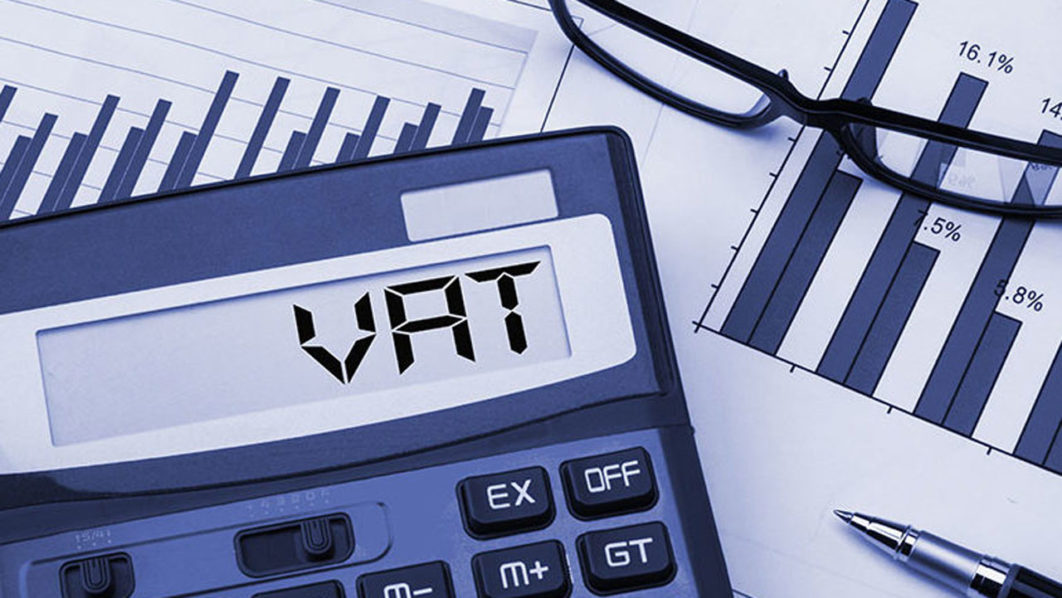

A leading accounting organisation, Kreston Pedabo, has raised concerns over loopholes that may undermine the effective implementation of the Value Added Tax (VAT) modification introduced by the Federal Government, especially in the energy sector.
The Nigerian government introduced the 2024 VAT Modification Order, expanding tax exemptions to promote the adoption of renewable energy and settle long-standing ambiguities on the taxation of petroleum products.
This move comes in response to the President’s commitment to using taxation as a key tool for economic recovery and boosting investment. However, Partner of Tax Services, Olubunmi Kuteyi, and Manager of Tax Advisory at Kreston Pedabo, Oluwasanmi Ogunsanwo, in a detailed analysis, raised concerns over the retrospective nature of the new regulations and the potential confusion it may cause for taxpayers, particularly in the oil and gas sector.
The 2024 VAT Modification Order primarily seeks to exempt certain petroleum products from Value Added Tax (VAT) and expand tax reliefs for renewable energy investments.
This aligns with the government’s strategy to reduce the carbon footprint of companies and stimulate investment in sustainable energy sources.
In October 2023, the government suspended VAT on Automotive Gas Oil (AGO), commonly known as diesel, for six months, intended to cushion the impact of the fuel subsidy removal. This suspension was due to expire in March 2024.
However, no clear communication was issued regarding the resumption of VAT on diesel after the suspension ended. With the VAT Modification Order 2024, diesel has now been exempted from VAT retroactively, effective from October 1, 2023.
While this retrospective exemption provides clarity moving forward, it has raised concerns for taxpayers who may have remitted VAT on diesel between March 2024 and September 2024, following the expiration of the suspension.
Kuteyi and Ogunsanwo pointed out that this raises important questions about what happens to the VAT paid and remitted during the six months when no further guidance was issued after the suspension’s expiration.
They also asked if taxpayers would be eligible for a refund for VAT paid during this period, adding that while the retrospective application of tax laws is rare and generally discouraged, it is permissible if expressly stated in the law.
They, however, noted that this kind of retroactive effect could lead to uncertainty and agitation among taxpayers in the oil and gas sector.
They urged the Federal Inland Revenue Service (FIRS) to provide immediate clarifications to alleviate confusion and ensure compliance.
The VAT Modification Order 2024 has also expanded the list of exempt goods and services, focusing on promoting investments in renewable energy and reducing carbon emissions.
The updated order now includes tax exemptions for Compressed Natural Gas (CNG) conversion kits, Liquefied Petroleum Gas (LPG) infrastructure, and equipment for Electric Vehicles (EV) and Biogas.
This expansion is seen as a positive step to encourage investments in renewable energy and reduce Nigeria’s dependence on imported fossil fuels.
Additionally, by redefining petroleum products to include feed gas, aviation turbine kerosene, and compressed natural gas, the government has taken steps to simplify the tax system and promote cleaner energy alternatives.
“The government’s focus on encouraging the use of renewable energy is commendable. Aligning Nigeria’s tax regime with global sustainability standards can attract significant foreign investment,” Pedabo said.
“However, the implementation of these exemptions needs to be seamless to avoid disruptions.”
Despite the positive intentions behind the new VAT Order, Kuteyi and Ogunsanwo stressed the importance of clear communication from tax authorities to avoid creating confusion among taxpayers.
They urged the FIRS to promptly address the concerns raised by stakeholders, particularly those in the oil and gas industry.
As Nigeria continues to recalibrate its tax policies to foster economic recovery, Pedabo suggested that the FIRS should convene stakeholder engagement forums to ensure smooth implementation.
These sessions would allow for feedback from affected industries and provide clarity on any ambiguities, such as the status of VAT deductions on diesel during the six-month gap between the suspension’s expiration and the retrospective exemption.
Taxpayers are advised to keep thorough records of all transactions and VAT payments made during this period and to seek guidance from their tax advisers to ensure compliance with the evolving tax landscape.
The organisation believes that the introduction of the 2024 VAT Modification Order marks a significant shift in Nigeria’s tax policy, with a focus on promoting renewable energy investments and addressing uncertainties surrounding petroleum products, warning, however, that the retrospective nature of the diesel VAT exemption has raised important questions about the tax liabilities of oil and gas sector players.
As the country moves toward a more sustainable energy future, the stakeholders called on the FIRS to provide clarity and ensure that the transition to the new tax regime is as smooth as possible, adding that the timely resolution of these concerns would be critical to maintaining the confidence of taxpayers and fostering the investment environment needed for economic growth.






